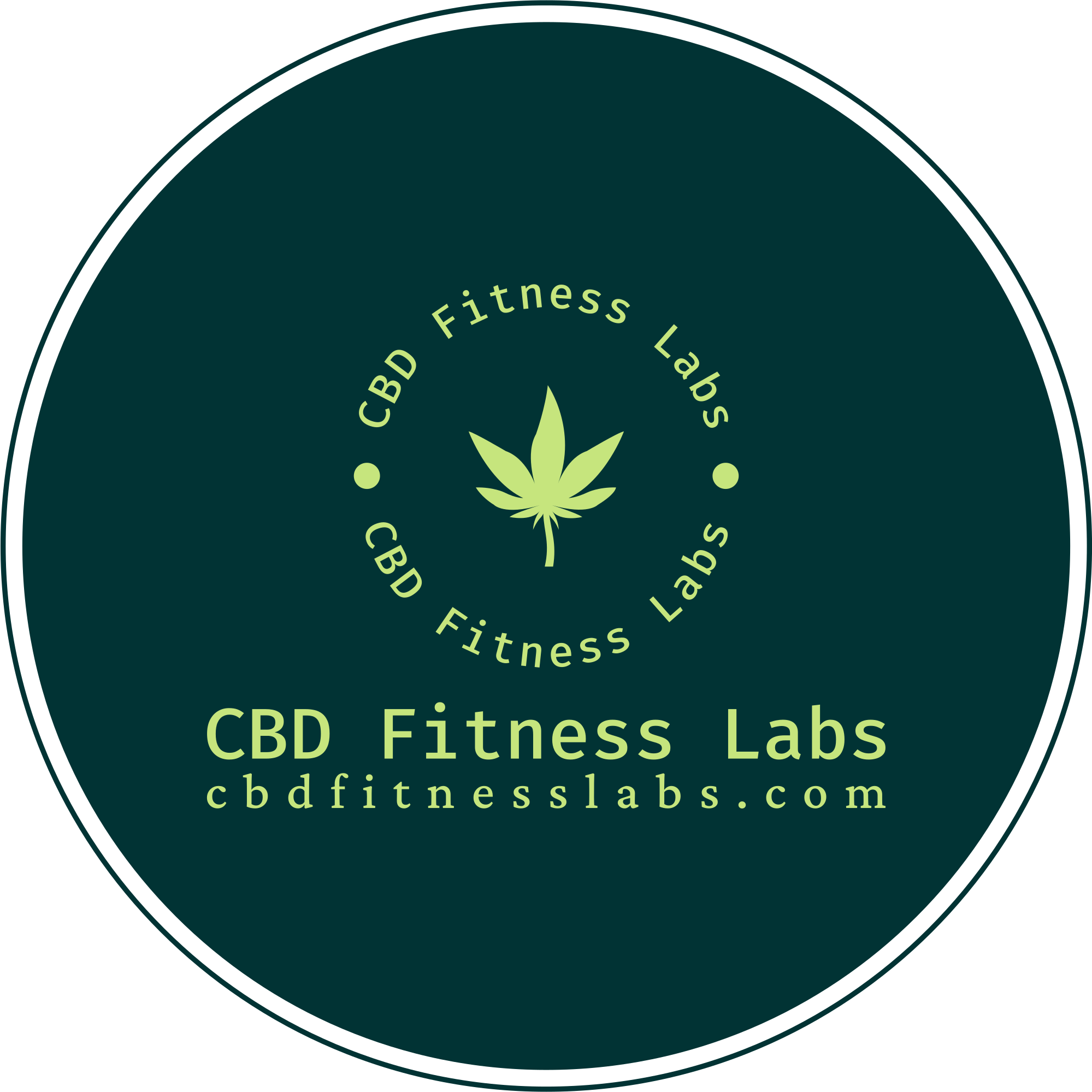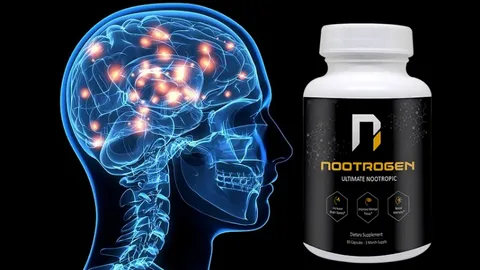Nootropics, often referred to as “smart drugs” or cognitive enhancers, have gained popularity for their potential to improve various aspects of brain function, including memory. Memory improvement is a common goal for those seeking to boost cognitive performance, whether for academic purposes, professional success, or general mental sharpness. This guide explores some of the most effective nootropics for enhancing memory, providing insights into how they work, their benefits, and potential side effects.
Understanding Nootropics
What Are Nootropics?
Nootropics are substances that can enhance cognitive functions, such as memory, creativity, and executive function, without causing significant side effects. These substances can range from natural compounds to synthetic drugs. They work by various mechanisms, including increasing blood flow to the brain, enhancing neurotransmitter activity, and providing neuroprotective effects.
How Do Nootropics Improve Memory?
Nootropics improve memory through several mechanisms:
- Neurotransmitter Modulation: Some nootropics increase the availability or efficacy of neurotransmitters like acetylcholine, dopamine, and serotonin, which are crucial for memory formation and recall.
- Neuroprotection: By protecting neurons from damage and reducing oxidative stress, nootropics can help maintain and improve memory function.
- Increased Blood Flow: Improved cerebral circulation can enhance cognitive performance by ensuring that the brain receives adequate nutrients and oxygen.
Top Nootropics for Memory Improvement
1. Bacopa Monnieri
Overview: Bacopa Monnieri, also known as Brahmi, is a traditional herb used in Ayurvedic medicine. It is renowned for its memory-enhancing and cognitive-boosting properties.
Mechanism of Action: Bacopa Monnieri enhances memory by increasing levels of acetylcholine, a neurotransmitter crucial for learning and memory. It also provides antioxidant protection to the brain.
Benefits:
- Improved memory retention and recall.
- Enhanced cognitive function and learning capacity.
- Reduced anxiety and stress.
Side Effects:
- Gastrointestinal issues, such as nausea and diarrhea.
- May interact with certain medications.
2. Ginkgo Biloba
Overview: Ginkgo Biloba is a popular herbal supplement derived from the leaves of the Ginkgo tree. It is widely used to support cognitive function and improve memory.
Mechanism of Action: Ginkgo Biloba improves memory by enhancing blood flow to the brain and providing antioxidant protection. It also helps to improve neurotransmitter function.
Benefits:
- Enhanced memory and cognitive performance.
- Improved focus and mental clarity.
- Reduced symptoms of cognitive decline.
Side Effects:
- Headaches and dizziness.
- Gastrointestinal discomfort.
- Risk of bleeding when taken with anticoagulant medications.
3. Rhodiola Rosea
Overview: Rhodiola Rosea is an adaptogenic herb that helps the body adapt to stress and improve mental performance. It is known for its cognitive-enhancing and memory-boosting effects.
Mechanism of Action: Rhodiola Rosea increases the availability of neurotransmitters such as serotonin and dopamine, which are important for mood regulation and memory. It also enhances the brain’s resistance to stress.
Benefits:
- Improved memory and cognitive function.
- Enhanced mood and reduced fatigue.
- Increased resistance to stress.
Side Effects:
- Irritability and insomnia.
- Gastrointestinal disturbances.
4. Lion’s Mane Mushroom
Overview: Lion’s Mane Mushroom is a natural nootropic known for its potential to enhance cognitive function and memory. It has been used in traditional medicine for centuries.
Mechanism of Action: Lion’s Mane stimulates the production of nerve growth factor (NGF), which supports the growth and maintenance of neurons. This contributes to improved memory and cognitive function.
Benefits:
- Enhanced memory and cognitive performance.
- Improved mood and mental clarity.
- Support for neurogenesis and nerve repair.
Side Effects:
- Mild gastrointestinal issues.
- Allergic reactions in some individuals.
5. Noopept
Overview: Noopept is a synthetic nootropic that is known for its potent cognitive-enhancing effects. It is often used to improve memory, learning, and mental clarity.
Mechanism of Action: Noopept increases levels of brain-derived neurotrophic factor (BDNF) and enhances neurotransmitter activity, particularly acetylcholine. This supports memory formation and cognitive function.
Benefits:
- Improved memory and learning capacity.
- Enhanced mental clarity and focus.
- Neuroprotective effects.
Side Effects:
- Headaches and irritability.
- Insomnia and gastrointestinal discomfort.
6. Piracetam
Overview: Piracetam is one of the oldest and most studied nootropics. It is known for its cognitive-enhancing properties and is often used to support memory and learning.
Mechanism of Action: Piracetam enhances cognitive function by improving the fluidity of cell membranes and increasing the availability of acetylcholine. It also enhances cerebral blood flow.
Benefits:
- Improved memory and cognitive function.
- Enhanced learning ability.
- Increased mental clarity and focus.
Side Effects:
- Headaches and dizziness.
- Gastrointestinal issues.
7. Alpha-GPC
Overview: Alpha-GPC (Alpha-glycerophosphocholine) is a natural choline compound that is often used as a supplement to enhance cognitive function and memory.
Mechanism of Action: Alpha-GPC increases levels of acetylcholine in the brain, which is crucial for memory and cognitive function. It also supports brain health and cognitive performance.
Benefits:
- Enhanced memory and learning ability.
- Improved mental clarity and focus.
- Support for overall brain health.
Side Effects:
- Headaches and gastrointestinal discomfort.
- Potential interactions with other medications.
8. CDP-Choline
Overview: CDP-Choline (Citicoline) is a choline source that supports cognitive function and memory. It is known for its neuroprotective and memory-enhancing effects.
Mechanism of Action: CDP-Choline increases levels of acetylcholine and dopamine in the brain, supporting memory and cognitive performance. It also has neuroprotective properties.
Benefits:
- Improved memory and cognitive function.
- Enhanced mental clarity and focus.
- Neuroprotective effects.
Side Effects:
- Mild gastrointestinal issues.
- Headaches and dizziness.
9. Huperzine A
Overview: Huperzine A is a natural compound derived from the Chinese club moss plant. It is known for its ability to enhance memory and cognitive function.
Mechanism of Action: Huperzine A inhibits acetylcholinesterase, an enzyme that breaks down acetylcholine. This increases acetylcholine levels and supports memory and cognitive function.
Benefits:
- Enhanced memory and cognitive performance.
- Improved learning ability.
- Neuroprotective effects.
Side Effects:
- Nausea and digestive issues.
- Dizziness and headaches.
10. Ashwagandha
Overview: Ashwagandha is an adaptogenic herb used in Ayurvedic medicine to improve cognitive function and reduce stress. It has potential memory-enhancing effects.
Mechanism of Action: Ashwagandha supports cognitive function by reducing stress and anxiety, which can negatively impact memory. It also has neuroprotective properties.
Benefits:
- Improved memory and cognitive function.
- Reduced stress and anxiety.
- Enhanced overall mental clarity.
Side Effects:
- Gastrointestinal discomfort.
- Drowsiness in some individuals.
FAQs
What are nootropics?
Nootropics are substances that enhance cognitive functions such as memory, creativity, and focus. They can be natural or synthetic and work through various mechanisms to improve brain function.
How do nootropics improve memory?
Nootropics improve memory by enhancing neurotransmitter activity, increasing cerebral blood flow, and providing neuroprotective effects. They may also boost levels of essential brain chemicals involved in memory formation and recall.
Are nootropics safe to use?
Most nootropics are considered safe when used as directed, but they can have side effects and interact with medications. It’s important to consult a healthcare provider before starting any new supplement.
How long does it take to see results from nootropics?
The time it takes to see results can vary depending on the nootropic and the individual. Some people may notice improvements within a few days, while others might take several weeks to experience significant effects.
Can nootropics help with age-related memory decline?
Certain nootropics, particularly those with neuroprotective properties, may help with age-related memory decline. They can support brain health and cognitive function, potentially reducing the impact of aging on memory.
What are the potential side effects of nootropics?
Potential side effects of nootropics can include headaches, digestive issues, insomnia, and dizziness. The severity and type of side effects can vary depending on the specific nootropic and individual response.
Can nootropics be used long-term?
Many nootropics can be used long-term, but it’s important to use them responsibly and under the guidance of a healthcare professional. Long-term use should be monitored for any adverse effects or interactions with other medications.
Are there natural alternatives to synthetic nootropics?
Yes, there are several natural nootropic options, such as Bacopa Monnieri, Ginkgo Biloba, and Lion’s Mane Mushroom. These natural substances can offer cognitive-enhancing benefits with fewer side effects compared to synthetic options.
How do I choose the right nootropic for memory improvement?
Choosing the right nootropic involves considering factors such as your specific memory goals, any potential side effects, and how well the nootropic aligns with your overall health. Consulting a healthcare provider can help you make an informed decision.
Can nootropics be combined for better results?
Some nootropics can be safely combined to enhance cognitive effects, a practice known as “stacking.” However, it’s important to research combinations thoroughly and consult with a healthcare provider to avoid adverse interactions and ensure safety.
Conclusion
Nootropics offer a promising approach to enhancing memory and cognitive function. From traditional herbs like Bacopa Monnieri and Ginkgo Biloba to more recent synthetic options like Noopept and Piracetam, there are various choices available to support memory improvement. As with any supplement, it’s crucial to consider individual needs, potential side effects, and interactions with other medications. By carefully selecting and using nootropics, you can potentially unlock new levels of cognitive performance and memory enhancement.
- How Do I Permanently Get Rid Of Turkey Neck? - May 7, 2025
- Chin Augmentation With Chin Filler Near West Clandon, Surrey - May 6, 2025
- Jowl Treatment Near Great Bookham, Surrey - May 6, 2025




